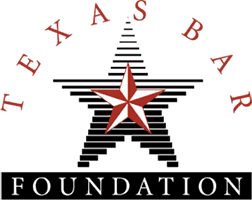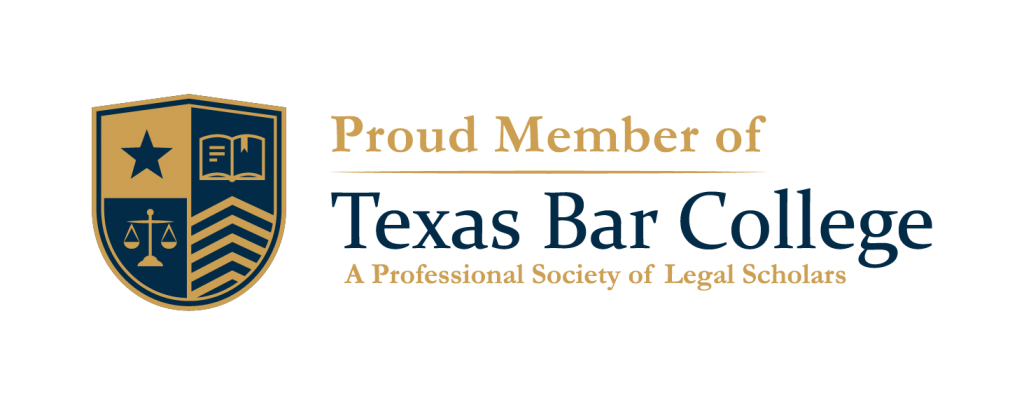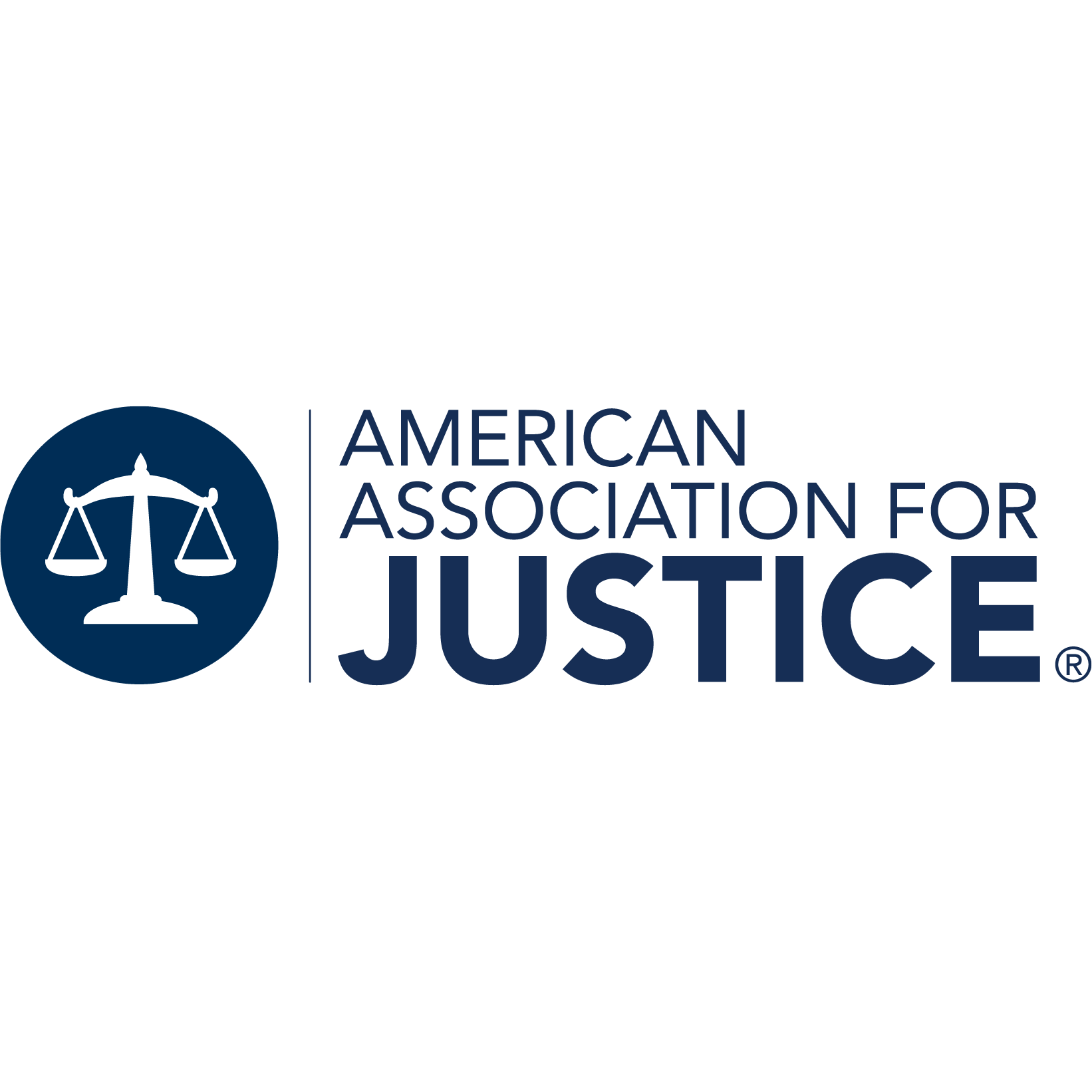Our firm has achieved some of the highest judgments and settlements under the Federal Tort Claims Act across multiple states. With a track record of setting legal benchmarks nationwide, we are committed to delivering exceptional outcomes for our clients.

Austin Brain Injury Attorneys
Fighting for Victims of Traumatic Brain Injuries Across Texas and the United States
Our Austin brain injury lawyers at National Trial Law have extensive experience handling cases involving traumatic brain injuries, including hypoxic-ischemic brain injuries, on behalf of individuals and families affected by these catastrophic conditions. We recognize that brain damage can have long-lasting, devastating impacts that can change a person’s life forever, and, in many cases, these injuries will alter the lives of the victim’s family and loved ones, as well. As a result, we fight tirelessly to hold responsible parties accountable and secure victims and their families the maximum amount of compensation they are entitled to under the law. Our firm has a proven track record of success and has what it takes to prevail.
Are you a member of the military who sustained a brain injury while in the care of a military medical provider? Some of our biggest case results have been against the government due to the negligence of the V.A. or military medical facilities. We understand how to strategically approach these cases and can advocate for you whether you are military or non-military.
If you or someone you love has suffered a traumatic brain injury or hypoxic-ischemic brain injury, we invite you to call (833) 913-1885 or contact us online to schedule a free initial consultation with our brain injury attorney in Austin. Se habla español.


Across the United States
Achieving Justice Nationwide with Unparalleled Verdicts and Settlements
National Trial Law has a storied history of securing landmark verdicts and settlements across the United States. Notable achievements include a $230 million judgment for survivors of the Sutherland Springs Church mass shooting, a $44.7 million trial judgment for a birth injury at an Air Force hospital, and a $21.5 million verdict for a veteran who suffered catastrophic brain damage due to malpractice at the Manchester VA Hospital—the largest personal injury award in New Hampshire history. These results underscore the firm's dedication to holding institutions accountable and delivering justice for their clients.
-
Record-Setting $230,000,000
Trial Win Sutherland Springs Mass Shooting
Highest Verdict and Settlement in FTCA History -
Record-Setting $44,717,681
Trial Win Air Force Birth Injury -
Record-Setting $21,592,643
Trial Win VA Medical Malpractice -
Record-Setting $10,500,000
Settlement VA Medical Malpractice
Types of Brain Injuries
An “acquired brain injury” refers to any injury to the brain that is not present from birth, caused by birth trauma, or the result of degenerative or hereditary factors. Acquired brain injuries are divided into two major categories: traumatic brain injuries (TBI) and non-traumatic brain injuries.
What Is a Traumatic Brain Injury?
A traumatic brain injury (TBI) is a medical condition that results from a sudden blow, jolt, or penetrating injury to the head, which disrupts normal brain function. TBIs can have a wide range of physical, cognitive, and emotional effects.
Healthcare professionals commonly use three main severity classifications for TBIs:
Mild TBI (Concussion):
- A mild TBI, sometimes referred to as a concussion may cause confusion, headache, dizziness, temporary loss of consciousness (for a few seconds or minutes), and memory problems.
- Imaging studies like CT scans or MRIs typically show no visible structural damage to the brain.
- Recovery is generally expected with rest and symptom management, although some individuals may experience persistent symptoms, known as post-concussion syndrome
Moderate TBI:
- A moderate TBI can cause prolonged loss of consciousness (minutes to hours), more pronounced confusion, persistent headache, nausea, and memory deficits.
- Imaging studies may reveal abnormalities, such as contusions or bleeding within the brain.
- Recovery varies but often requires medical monitoring, rehabilitation, and therapy. Some individuals may experience lasting cognitive or emotional changes.
Severe TBI:
- Severe TBIs involve extensive damage to the brain and often result from a significant impact or penetrating injury.
- Symptoms may include prolonged unconsciousness (hours to days), profound confusion, severe headache, seizures, paralysis, and significant cognitive and behavioral deficits.
- Imaging studies typically reveal extensive structural damage to the brain.
- Recovery from a severe TBI can be challenging, and many individuals require intensive medical care, surgery, and long-term rehabilitation. Some may experience permanent disabilities and a reduced quality of life.
What About Non-Traumatic Brain Injuries?
Some of the most severe non-traumatic brain injuries are hypoxic-ischemic brain injuries. “Hypoxia” is a deprivation of adequate oxygen supply, while “ischemia” is a deprivation of blood flow. When a restriction of oxygen or blood flow prevents oxygen from reaching the brain, brain damage can result. This type of injury can impair a person’s memory and the ability to ambulate, speak, see, swallow, and carry out other basic bodily functions.
Both traumatic and non-traumatic brain injuries, including hypoxic-ischemic brain injuries, can be a consequence of another party’s negligence, error, or wrongdoing. At National Trial Law, we are prepared to fight for you in and out of the courtroom when you have suffered any form of brain damage. If you are not sure whether you have a claim, our Austin brain injury attorneys can investigate your circumstances and walk you through your legal options.
Contact our Austin brain injury lawyers by calling (833) 913-1885 today!
How Do Traumatic Brain Injuries Occur?
Traumatic brain injuries can result from a sudden, significant blow to the head, so it is possible to sustain one after an accident or because of a physical assault. Some of the leading causes of traumatic brain injuries are auto accidents, slips and falls, and sports-related incidents.
There are several ways someone might sustain a traumatic brain injury, including (but not limited to):
- Car accidents. Motor vehicle accidents are the cause of many serious head injuries. An occupant may suffer a brain injury when their skull hits the steering wheel, windshield, or any other object.
- Truck accidents. Just like a car accident, truck accident victims are at risk of head injury when the skull sustains a violent impact. The forces in a truck accident can be even greater than in a typical car accident because of the size and weight of large trucks.
- Motorcycle accidents. These accidents often result in a loss of consciousness, head injury, and brain damage. The outcomes may be more severe when the motorcyclist’s head strikes the pavement or another object, especially if they are not wearing a helmet at the time of the collision.
- Sports-related accidents. Any sport involving speed, physical contact, and/or hard surfaces can lead to serious head injuries. Hockey, football, lacrosse, baseball, cycling, skateboarding, and soccer are all examples of sports where an athlete could suffer a dramatic blow to the head.
- Slip and fall accidents. Icy or slippery surfaces are responsible for many injuries, particularly when a victim’s head hits the hard floor or a sharp surface as or after they fall.
- Construction accidents. Head injuries at construction sites are frequently caused by slick surfaces, falling debris, and unstable structures.
- Physical assault. If a victim of violence is shot, stabbed, or struck in the head, they may suffer a traumatic brain injury. If a victim is choked or aggressively shaken, they could lose consciousness and suffer hypoxic-ischemic brain injuries.
The Role of Rehabilitation in Brain Injury Recovery
Rehabilitation is a vital component of brain injury recovery, as it helps individuals regain lost skills and abilities and adapt to new ways of living. Depending on the severity of the injury, rehabilitation may include:
- Physical therapy to improve strength, mobility, and balance
- Occupational therapy to help individuals relearn daily activities and develop strategies for managing cognitive and physical challenges
- Speech and language therapy to address communication difficulties
- Neuropsychological therapy to address cognitive and emotional issues
Rehabilitation must begin as soon as possible after a brain injury to maximize recovery potential. According to the Brain Injury Association of America, early intervention can significantly improve outcomes and reduce the long-term effects of the injury.
What Sets Us Apart
-
PEER APPROVED
More attorneys named Super Lawyers by Thomson Reuters in the “Personal Injury Medical Malpractice: Plaintiff” category in 2014, 2015, 2016, 2017, 2018, 2019, 2020, 2021, 2022, 2023, 2024, and 2025, than any other law firm in Texas (Bill Whitehurst, Chip Brees, Michelle Cheng, Jamal Alsaffar, Laurie Higginbotham and Tom Jacob)
-
RECORD-SETTING RESULTS NATIONWIDE
-
TEXAS ROOTS
Founded in Austin with more than 50 years of trial experience.
-
NATIONAL REACH
National results in complex personal injury litigation.
-
DEEP BENCH
Many experienced lawyers ready to serve you.
-
SE HABLA ESPAÑOL
Our team has multiple Spanish speaking staff members.





.2504041633274.png)




